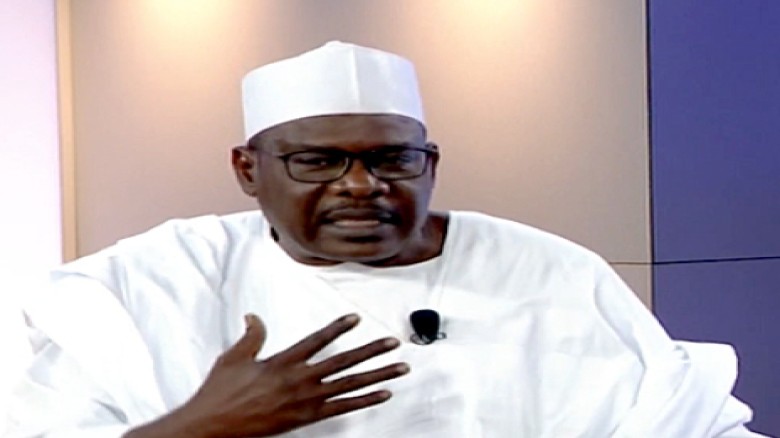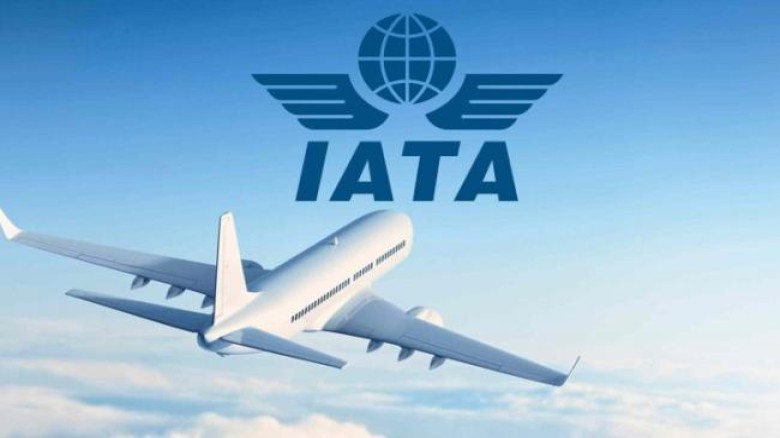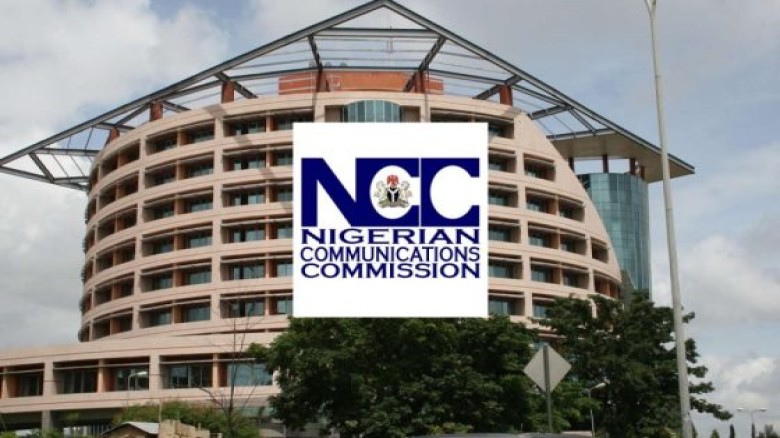NUPRC unveils upstream decarbonisation template
The Nigerian Upstream Petroleum Regulatory Commission has introduced the Upstream Petroleum Decarbonisation Template, which will be required for licence and permit applications beginning in January 2025.This initiative seeks to ensure that Nigeria's petroleum sector aligns with its climate goals, including a commitment to achieve Net Zero emissions by 2060.
Gbenga Komolafe, the Commission's Chief Executive, disclosed this in a statement issued on Tuesday in Abuja.
Komolafe stated that the decarbonisation template is consistent with Sections 6 (d), (g), (h), (i), (j), and (k) of the Petroleum Industry Act, 2021 (PIA), as well as other provisions requiring the commission to implement and promote sustainability initiatives.
The NUPRC boss "The purpose of this policy statement is to strengthen Nigeria's Upstream Oil & Gas operations' Decarbonisation and Sustainability Agenda in order to improve global competitiveness and foster investment attractiveness in the sector in the face of global energy transition imperatives."
"In accordance with its mandate for technical, commercial, and operational monitoring of upstream oil and gas operations in Nigeria, the commission has issued the Upstream Petroleum Decarbonisation Template to the industry as a regulatory tool.
"This template is one of the measures to promote energy sustainability and environmental stewardship in Nigeria's upstream operations in alignment with Nigeria's commitment to net zero emissions and the imperatives for global energy transition."
Komolafe stated that the commission is stepping up efforts to align the upstream petroleum industry with national priorities and global climate goals, while also ensuring long-term value creation from oil and gas resources to support Nigeria's energy security and economic development.
The commission went on to explain that the Upstream Petroleum Decarbonisation Template (UPDT) requires licensees and lessees to reduce greenhouse gas emissions, adopt low-carbon technologies, implement energy efficiency measures, and incorporate renewable energy into their operations.
"In contrast to the foregoing, this Template will become a mandatory component of applications for licenses, permits, and approvals in upstream activities beginning in January 2025.
"The UPDT requires the incorporation of decarbonisation strategies/plans into upstream operations such as field development plans, wells, drilling and rig operations, and project/facility engineering." Operators would therefore set measurable and time-bound greenhouse gas reduction goals that are aligned with national targets.
"Companies must also demonstrate compliance with the Gas Flaring, Venting, and Methane Emissions Regulations, 2023, and related Guidelines to eliminate routine flaring and venting in their operations.
"Additionally, operators must implement methane management programmes such as leak detection and repair, optimise operations using energy-efficient technologies, and integrate renewable energy sources into their projects and operations."
According to Komolafe, the UPDT also calls for the development of carbon management and monetisation initiatives such as carbon capture and storage, nature-based solutions, and carbon offset projects.
However, the NUPRC chief emphasised that the new regulation is not intended to impose a regulatory burden.
He stated, "These measures are intended to improve Nigeria's upstream sector's environmental credentials, attract sustainable energy investments, and ensure compliance with international environmental, social, and governance standards."
"By embedding sustainability at the core of upstream operations, the Commission aims to enable continued access to funding for projects amidst the global shift towards low-carbon energy solutions."
Komolafe urged stakeholders to embrace the measures as a means of achieving long-term sustainability, operational excellence, and regulatory compliance, while also addressing the sector's funding and defunding challenges.
























Leave A Comment